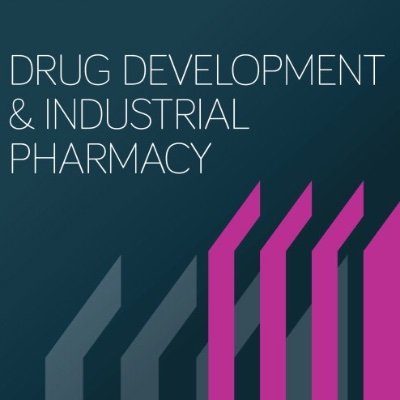Poly(lactic acid hydroxyacetic acid)-poly(ethylene glycol)-modified ginsenoside Rg3 nanomedicine enhances anti-tumor effect in hepatocellular carcinoma.
IF 2.4
4区 医学
Q3 CHEMISTRY, MEDICINAL
引用次数: 0
Abstract
OBJECTIVE This research aim to improve bioavailability and anti-hepatocellular carcinoma (HCC) efficacy of Ginsenoside Rg3 by modification with poly (lactic acid hydroxyacetic acid)-poly(ethylene glycol) (PLGA-PEG). METHODS PLGA-PEG-Rg3 was obtained by emulsification and evaluated it physiochemical characterization by FTIR, SEM, laser particle-size analyser and HPLC. The effect of the PLGA-PEG-Rg3 and Rg3 on HepG2 cells was compared in vitro studies, including cell proliferation, transwell and a series of apoptosis detection, and in-situ HCC model. RESULTS The PLGA-PEG-Rg3 were 122 nm in size and 0.112 in polydispersity index with sustained release profile in vitro. Compared to Rg3, PLGA-PEG-Rg3 was more effective in suppressing HepG2 growth and inducing apoptosis by mitochondrial apoptosis pathway in vitro. and PLGA-PEG modification enhanced the liver-targeting ability and drug circulation time of Rg3 in vivo, resulting in PLGA-PEG-Rg3 possessed superior performance in inhibiting tumor growth and prolonging survival time of tumor-bearing mice than Rg3. CONCLUSIONS Overall, these results showed PLGA-PEG-Rg3 enhanced anti-tumor effect of Rg3 in HCC.聚(乳酸羟基乙酸)-聚(乙二醇)改性人参皂苷 Rg3 纳米药物增强肝细胞癌的抗肿瘤效果
本研究旨在通过聚(乳酸羟基乙酸)-聚(乙二醇)(PLGA-PEG)的改性提高人参皂苷Rg3的生物利用度和抗肝细胞癌(HCC)的疗效。方法通过乳化获得PLGA-PEG-Rg3,并通过傅立叶变换红外光谱、扫描电镜、激光粒度分析仪和高效液相色谱法评估其理化性质。结果PLGA-PEG-Rg3的粒径为122 nm,多分散指数为0.112,具有体外持续释放特性。与 Rg3 相比,PLGA-PEG-Rg3 在体外抑制 HepG2 生长和通过线粒体凋亡途径诱导细胞凋亡方面更有效。结论总之,这些结果表明 PLGA-PEG-Rg3 增强了 Rg3 在 HCC 中的抗肿瘤作用。
本文章由计算机程序翻译,如有差异,请以英文原文为准。
求助全文
约1分钟内获得全文
求助全文
来源期刊
CiteScore
6.80
自引率
0.00%
发文量
82
审稿时长
4.5 months
期刊介绍:
The aim of Drug Development and Industrial Pharmacy is to publish novel, original, peer-reviewed research manuscripts within relevant topics and research methods related to pharmaceutical research and development, and industrial pharmacy. Research papers must be hypothesis driven and emphasize innovative breakthrough topics in pharmaceutics and drug delivery. The journal will also consider timely critical review papers.

 求助内容:
求助内容: 应助结果提醒方式:
应助结果提醒方式:


